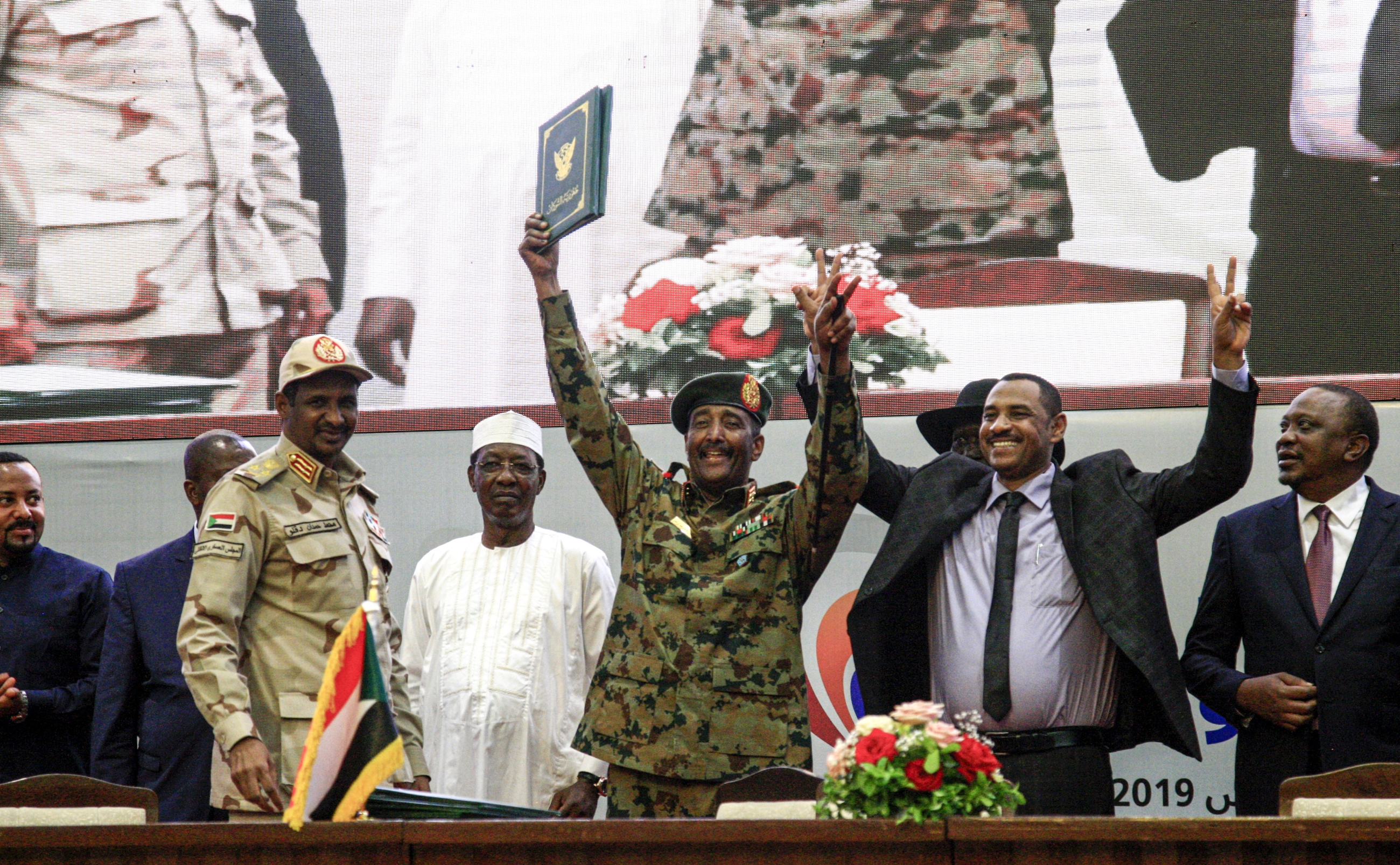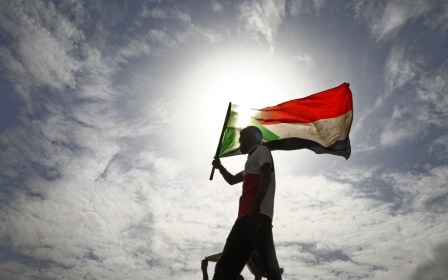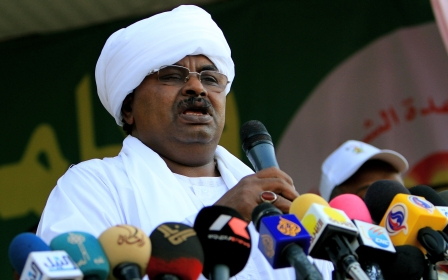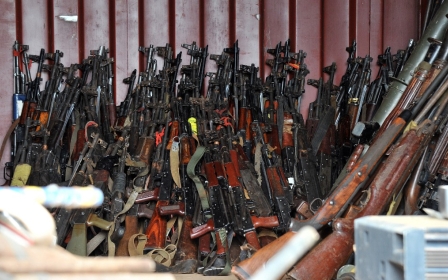Sudanese factions sign historic accord on transitional government

Sudan's main opposition coalition and the ruling military council on Saturday signed a landmark "constitutional declaration" paving the way for a transitional government.
The deputy head of the Transitional Military Council (TMC), Mohamed Hamdan Dagalo, known as Hemeti, and a representative of the opposition alliance Forces of Freedom and Change (FFC), Ahmed al-Rabie, put pen to paper at a ceremony held on the banks of the Nile in Khartoum.
Also present were regional and international dignitaries including Ethiopian Prime Minister Abiy Ahmed and South Sudanese President Salva Kiir.
The TMC has ruled Sudan since April when the military ousted Omar al-Bashir from the presidency following months of protests against his rule in which scores of people were killed.
Brokered by the African Union and Ethiopia, the deal brings to an end months of upheaval which continued after Bashir's downfall, as protestors continued to demand a civilian government free from army interference.
New MEE newsletter: Jerusalem Dispatch
Sign up to get the latest insights and analysis on Israel-Palestine, alongside Turkey Unpacked and other MEE newsletters
Videos shared on social media showed hundreds of people on their way to Khartoum on Friday night jubilantly singing but cautious, chanting "Civilian rule, civilian," as they promised to avenge the estimated 250 people allegedly killed by security forces since protests began eight months ago.
A preliminary agreement drawn up at the start of the month set out the future political roadmap, including the creation of a sovereign council comprised of six civilians and five military figures.
The council is set to rule for a 39-month transitional period to civilian rule, of which the first 21 will be military-led. The deal has faced criticism from protesters who feel the army may renege on their promises.
On Thursday, the opposition FFC put forward economist Abdullah Hamdok as its candidate to be the first civilian prime minister since Bashir took power in 1989.
"We wish Dr Abdullah Hamdok success in one of the hardest periods in the history of our country and people, a period that the revolutionary Sudanese people are looking forward to and observing with hopefulness," the Sudanese Professionals Association, the group that spearheaded the protest movement and is part of the FFC, said in a statement on Thursday.
The new leader will be expected to tackle a crumbling economy that was the impetus for the protests against Bashir's rule.
Middle East Eye delivers independent and unrivalled coverage and analysis of the Middle East, North Africa and beyond. To learn more about republishing this content and the associated fees, please fill out this form. More about MEE can be found here.




